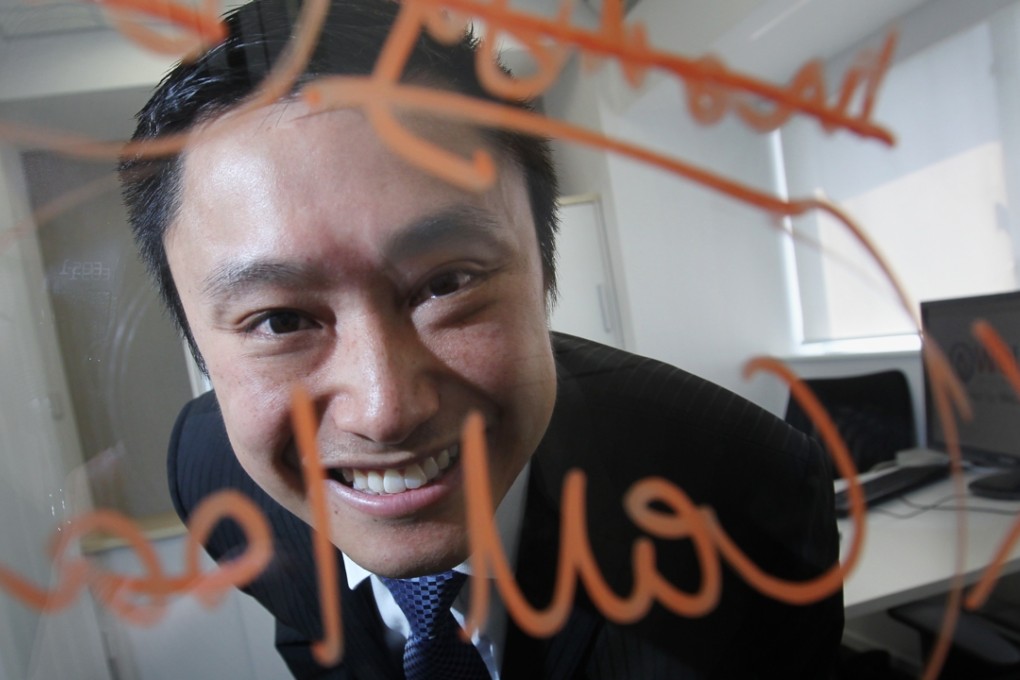Can Hong Kong start-ups change the city’s fortunes?
Hong Kong start-ups are watching to to see if Leung Chun-ying’s government delivers on measures to support the burgeoning sector

A solid grey door with a simple black sign along a drab corridor in a Sheung Wan office building is the unassuming face of one of Hong Kong’s fastest-growing start-ups.
WeLab co-founder and chief executive officer Simon Loong, a former banker, started the company in 2013 with the vision to democratise finance by bringing small loans directly to customers through a simple online application process.
WeLab now boasts 2.5 million customers in Hong Kong and the mainland, a loan volume of 9 billion yuan (HK$10.7 billion) and last month announced it had raised US$160 million in its latest funding round.
The company is among a growing number of financial technology, or fintech, start-ups sprouting up in Hong Kong as the city’s bankers strike out alone.
The Hong Kong start-up scene has expanded rapidly in the past couple of years and was last year ranked as the fifth-fastest growing start-up ecosystem in the world. A 2015 survey by InvestHK reported a 46 per cent growth in the total number of start-ups at 1,558 compared with 1,065 in 2014.
Government support for start-ups has also grown as entrepreneurship and technology-related start-ups are seen as a way to diversify the economy, with fintech and the Internet of Things being put forward as potential strengths for Hong Kong.